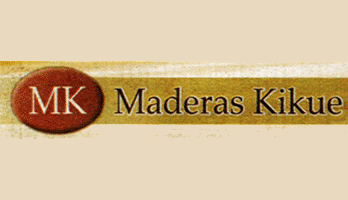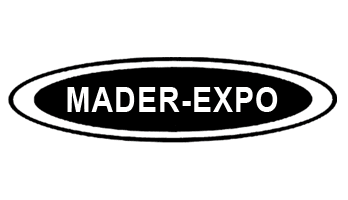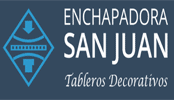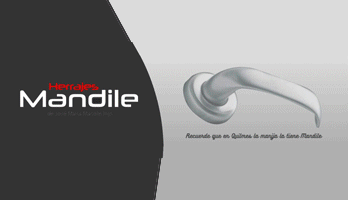
Specialist in scanner technology in the wood - processing industry
(Friesach/Carinthia, February 27, 2018) SPRINGER Group, a leading international technology supplier, has acquired a majority stake in Finnish company FinScan. A company with its head office in Espoo (Helsinki area) is a specialist in scanners and software for automated optimization of lumber in sawmills. FinScan has installed more than 400 scanners in over 20 countries around the world.
Timo Springer, CEO of SPRINGER-Group is pleased about the growth: With the majority stake in FinScan we extend our market product portfolio as an integrated technology provider for the wood-processing industry. From now, we have an extensive range of optimization systems in the wood-processing industry at our disposal and that way, we can expand our technological and innovative leadership. “We see good opportunities to grow and strengthen our position in the future together. We are looking forward to working together”,
“FinScan is very successful, has long time customers and has a clear portfolio of sophisticated scanner solutions at its disposal. Through the merger with SPRINGER we expect a further technological progress”, confirms Jyri Smagin, CEO of FinScan Oy, who will continue running the company at the same managing position.
Para mayor informacion: http://springer.vetas.com

IT MAY INTEREST YOU
 Missions | New illegal felling in the Piñalito Provincial Park in San Pedro reveals the silent expansion of deforestation in protected areas
Missions | New illegal felling in the Piñalito Provincial Park in San Pedro reveals the silent expansion of deforestation in protected areas
The advance of deforestation on protected areas was once again evident this week in the Piñalito Sur Provincial Park, in San Pedro, where the Ministry of Ecology and Renewable Natural Resources confirmed a new case of selective illegal logging. The event occurs in a context of growing concern about the fragility of the environmental control system in rural and border areas, where the scarcity of resources, personnel and logistics limits the capacity of surveillance against criminal organizations organized to steal native woods and market them on the black market in connivance with sawmill owners.
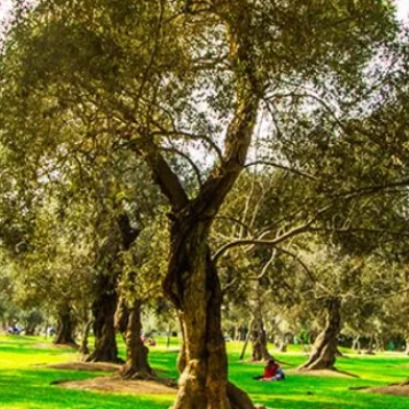 The city in South America that breathes thanks to a thousand olive trees planted in the 17th century
The city in South America that breathes thanks to a thousand olive trees planted in the 17th century
In the heart of South America there is a city that, among the noise and concrete, still breathes thanks to an olive forest
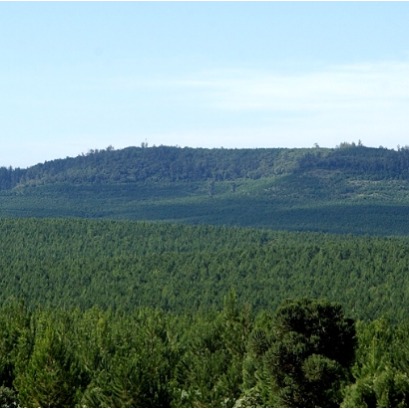 Free seminar on the implementation of the European EUDR regulation on deforestation-free wood products
Free seminar on the implementation of the European EUDR regulation on deforestation-free wood products
The Argentine Forestry Association (AFoA) organizes the seminar «EUDR in Forest Products: Current status of implementation. Regulatory requirements and private experiences", which will take place on Wednesday, November 26, from 11:00 a.m. to 12:00 p.m., via Zoom, with live streaming on YouTube. The European Regulation on Deforestation-Free Products (EUDR) will enter into force on December 31, 2025 and will impose new requirements for forest products entering the European Union market.



